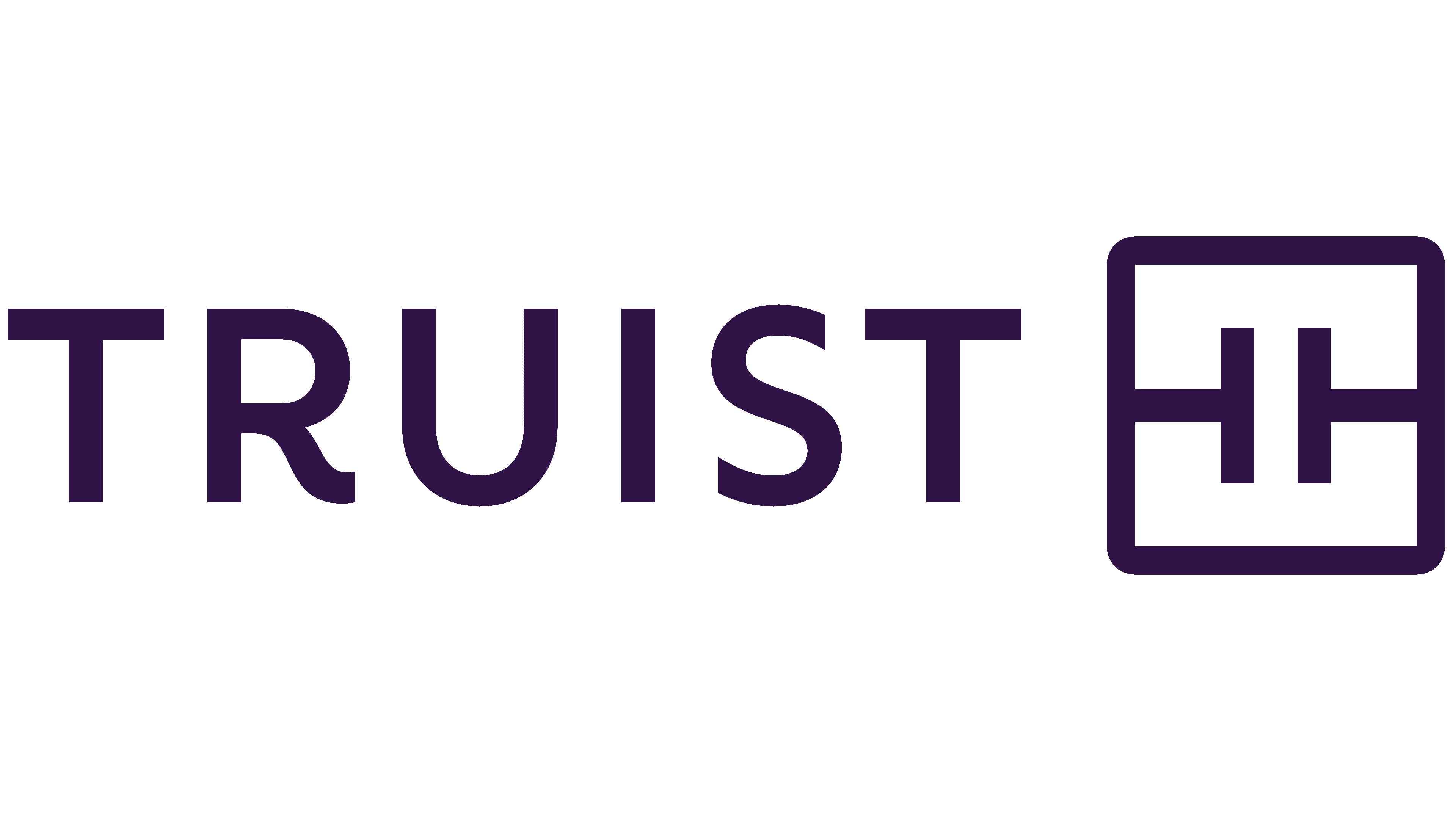Derive security specifications from business requirements, and design security solutions that support core organizational functions, and assure their confidentiality, integrity and high availability. Gain organizational commitment for security infrastructure systems and software plans, as well as assist to evaluate and select security technologies required to complete those plans. Provide integrated infrastructure-related technical expertise across the organization, from conceptualization and project planning to the post-implementation support level. Principally works, under limited supervision, with Corporate Information Security (CIS) personnel, Line of Business (LOB) personnel, external vendors, and internal IT Services personnel including Enterprise Architects, Application & Data Services personnel and other IT Operations Services teams. Security Solution Architects develop security specifications, requirements and architecture artifacts in compliance with corporate standards, laws and regulations for architecture adherence and performance guidelines.
Essential Duties and Responsibilities
Following is a summary of the essential functions for this job. Other duties may be performed, both major and minor, which are not mentioned below. Specific activities may change from time to time.
Provide security infrastructure solution expertise, requirements, and assistance to Systems Analysts, Systems Engineers, other Solutions Architects, and application development teams.
Confer with end-users, clients, or senior management to define security infrastructure requirements for complex systems and infrastructure development.
Design and oversee development and implementation of end-to-end integrated security infrastructure solutions and communicate needs for investing in infrastructure evolution, including analysis of cost reduction opportunities.
Make recommendations for improvements and/or alternatives for the company’s existing solution architecture and technology portfolio.
Create and maintain system security context and preliminary system security concept of operations and define baseline system security requirements in accordance with applicable regulations and standards.
Liaison with Enterprise Architects to conduct research on emerging technologies, and recommend technologies that will provide right-sized security posture, operational efficiency, infrastructure flexibility and operational stability.
Mentors less experienced teammates to build their own technical expertise.
Demonstrate deep specialization or comprehensive knowledge in Information Security (InfoSec) technology and practices necessary to negotiate and persuade technology direction on security principals and tenets such as confidentiality, integrity, availability, authentication and non-repudiation.
Perform security reviews, identify gaps in security architecture and develop security risk management plans.
Qualifications
Required Qualifications:
The requirements listed below are representative of the knowledge, skill and/or ability required. Reasonable accommodations may be made to enable individuals with disabilities to perform the essential functions.
Bachelor's degree in a technical or business field, or equivalent education and related training
Eight years of demonstrated experience of systems engineering and/or architecture in at least one of the information security areas: network security, access management, end point protection, data loss prevention, vulnerability management, application security, forensics, web security, mainframe, incident response and/or cyber threat management in a medium to large corporation
Highly experienced in network security architecture, including design tools, methods, and techniques and the application of Defense-in-Depth principles; knowledge of network design processes, including understanding of security objectives
Specialized depth and thorough Knowledge of The Open Group Architecture Framework (TOGAF), including infrastructure, data, information security, applications, architectural concepts, and associated disciplines
Experience with peripheral component interconnect and other security audit processes, evidence gathering and development/management of remediation plans used in resolution of finding
Mainframe security, including access control, monitoring, integration with non-mainframe technologies, and virtualization;
Authentication and authorization technologies including remote access;
Application security and the security development lifecycle and ability to apply to client-server and web-based application development environments;
Enterprise databases and database security, including database activity monitoring and database access control technologies;
Encryption methods and technologies for data-in-transit and data-at-rest scenarios;
Incident response processes;
Denial of Service prevention mechanisms;
Firewall technologies and intrusion prevention methods;
Cloud technologies and hosting;
Operating system hardening;
Virtualization technologies;
Mobile technologies;
Encryption and key management technologies;
Endpoint Protection (includes malware);
Data Loss Protection technologies
Preferred Qualifications:
Degree in a related field from an accredited program or equivalent experience
Industry certifications in cyber security and forensics, such as CISSP, CFCE, GCFE, GCFA, GCIH and other related credentials preferred
Industry certifications in general technology (MCP, MCSE, Network+, etc.)
Industry certifications in networking, such as CCNA, CWNA, and/or Net+ preferred
Cloud Experience (i.e. AWS, Azure, etc.)

